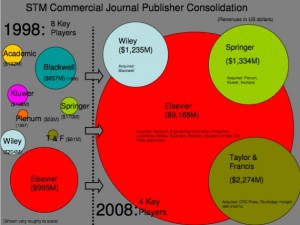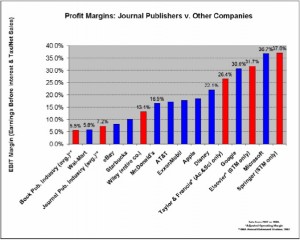The European Conference on Educational Research 2011 will take place at Freie Universität Berlin, Germany from 13 – 16 September. The theme of this year’s conference is Urban education and as the conference website notes “Not only are cities burning glasses of societal change and its educational consequences; they also provide remarkable resources to put societal and educational change on the political agenda in order to shape them proactively.”
As in previous years Pontydysgu are providing multi media and ‘amplifying’ support to the conference and if you are not able to attend the conference in person you can follow the event through our streaming of the keynote sessions and internet radio programmes.
Keynotes
Jaap Dronkers
Japp Dronkers is Professor at Maastricht University, The Netherlands. In his keynote he will address the effects of educational systems, school-composition, levels of curricula, parental background and immigrants’ origins on achievement of 15-years old pupils.
Thursday, 15.09, 13:30 – 14:30 Central European Summer Time
read more
Elisabet Öhrn
Elisabet Öhrn is Professor at the University of Gothenburg, Sweden. In her keynote she focuses on “Urban Education and Segregation: Responses from Young People”
Thursday, 15.09, 13:30 – 14:30 Central European Summer Time
read more
Saskia Sassen
Saskia Sassen is the Robert S. Lynd Professor of Sociology and Co-Chair of The Committee on Global Thought, Columbia University She will focus on “The City: Its Return as a Lens into Larger Economic and Technological Histories”
Wed. 14.09., 13:30 – 14:30 Central European Summer Time
read more
Watch this spot for full details of where to go to watch the stream.
Internet Radio
Wednesday 14 September 1430 – 1545 (Central European Summer Time)
Daniel Fischer, Leuphana Univeristy, Luneberg, Germany, Best paper winner 2010, (Emerging Researchers Conference Award) will talk about consumer education
Harm Kuper from the Free University, Berlin is a member of the local organising committee for ECER 2011
Lejf Moos from the University of Tilburg in Denmark is President of the European Educational Research Association (EERA)
Marit Hoveid from the Norwegian University of Science and Technology is EERA Secretary General Elect
Venka Simovska, also from the University of Tilburg is Convener of a new network: Research on Health Education
Hongmei Ma, from The Chinese University of Hong Kong is an ECER Bursary winner and will give his impressions of the first ECER conference he has attended
Thursday 15 September 1000 – 1030 (Central European Summer Time)
Tjeerd Plomp from the Univerity of Twente was present at the first ever ECER conference. he will talk about how the conference has evolved and grown over the years.
Kathleen Armour from the University of Birmingham in the UK is Convener of a New network: Sports Pedagogy
Melanie Völker is from Waxman publishers who are sponsoring the conference poster prize. She will be talking with us along with the poster prize winners
More guests to be announced
Friday 16 September 1430 – 1500 (Central European Summer Time)
Guests to be announced.
Watch this slot for the address for the radio stream.
We will also update this post as more guests confirm. In the meantime if you are going to the ECER conference and would like to come on the radio programme please email us. And finally if you are at ECER and just want to watch and listen to the broadcast, we will be situated near the registration desk. Come and meet us.



